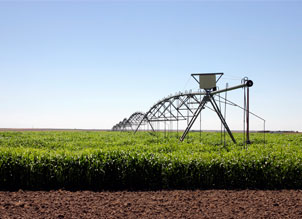
Organic vs Inorganic Fertilizer – The Great Debate
22/06/2021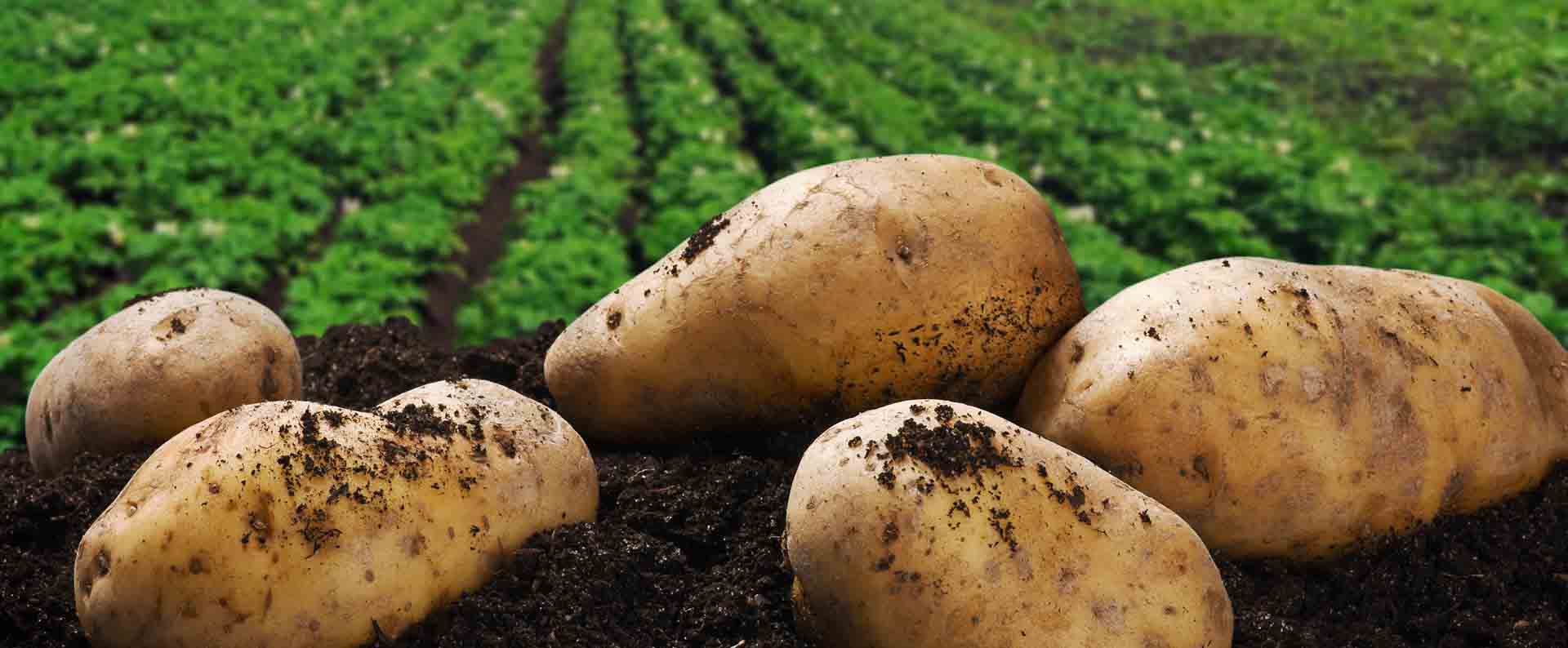
The Essential Components of a Plant Fertilizer
12/07/2021Nitrogen Fertilizer vital to Maintain the World’s Food Supply
Despite this gaseous element making up almost 80% of the air we breathe, most of the world’s food crops must rely on the nitrogen present in fertilizers to sustain their growth. Whether in organic or inorganic form, the element known by the chemical symbol N is crucial to many of the essential metabolic processes in both plants and animals. For example, this element is a vital component in amino acid synthesis. In turn, amino acids are the essential building block of proteins, DNA and RNA.
Given that there appears to be an abundance of this element, why do plants frequently lack an adequate supply? In practice, the problem is one of quality rather than quantity. In a typical nitrogen fertilizer, the element is present in various compounds that plants can readily absorb and utilise. The soil will often contain such compounds naturally due to the action of microorganisms on the gaseous element or dead organic matter. Lightning also plays a role by converting the atmospheric gas to nitrous and nitric oxides. These oxides then dissolve in the rain to form small quantities of nitrates that will then seep into the soil.
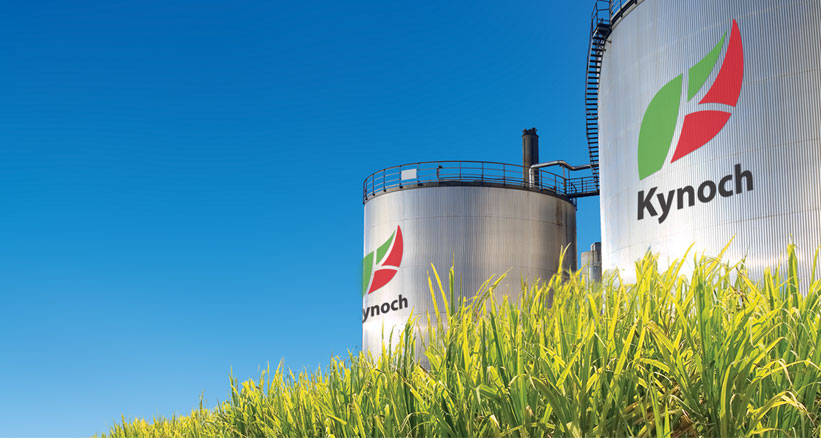 Urea, ammonium and other nitrates are commonly the main ingredients of nitrogen fertilizer. Of these, the nitrates are easiest to absorb and provide plants with an immediate nutritional source. By contrast, the ammonium ions and urea require some additional action by soil bacteria to convert them, first to nitrites and then to nitrates. These compounds, therefore, serve as longer-term nutrients.
Urea, ammonium and other nitrates are commonly the main ingredients of nitrogen fertilizer. Of these, the nitrates are easiest to absorb and provide plants with an immediate nutritional source. By contrast, the ammonium ions and urea require some additional action by soil bacteria to convert them, first to nitrites and then to nitrates. These compounds, therefore, serve as longer-term nutrients.
Given that this essential nutrient occurs both in organic and inorganic sources, it seems reasonable to question which of these might best serve a plant’s needs. Should one dig in a layer of organic compost or spread the soil with a layer of granular nitrogen fertilizer? In practice, there are several good reasons to choose the latter option. Of these, the first and most significant is their relative composition.
The identities and quantities of the nutrients present in compost can vary widely. Consequently, there can be no guarantee that compost will meet all of a crop’s needs. Also, it is almost impossible to apply the compost sufficiently evenly to ensure that each plant receives a fair share.
By contrast, one can manufacture a granular or liquid nitrogen fertilizer to the most precise specifications. Manufacturers formulate these inorganic products to provide this essential nutrient and others in an evenly distributed form. Furthermore, it is a simple matter to apply them evenly to the soil or foliage as required.
To learn more, contact Kynoch, South Africa’s leading manufacturer of innovative, world-class plant nutrition products.
Sources:
– https://www.cropnutrition.com/resource-library/the-facts-nitrogen-fertilizer
– https://www.cropnutrition.com/nutrient-management/nitrogen


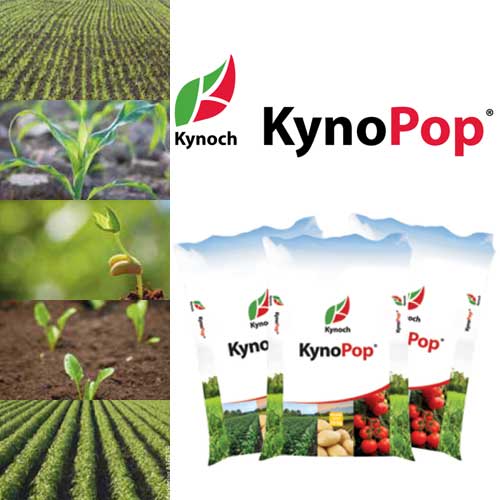
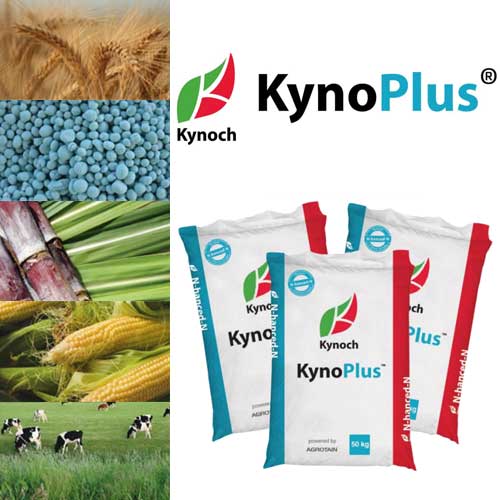


.png?v=1594369838025?v=1594369838026)